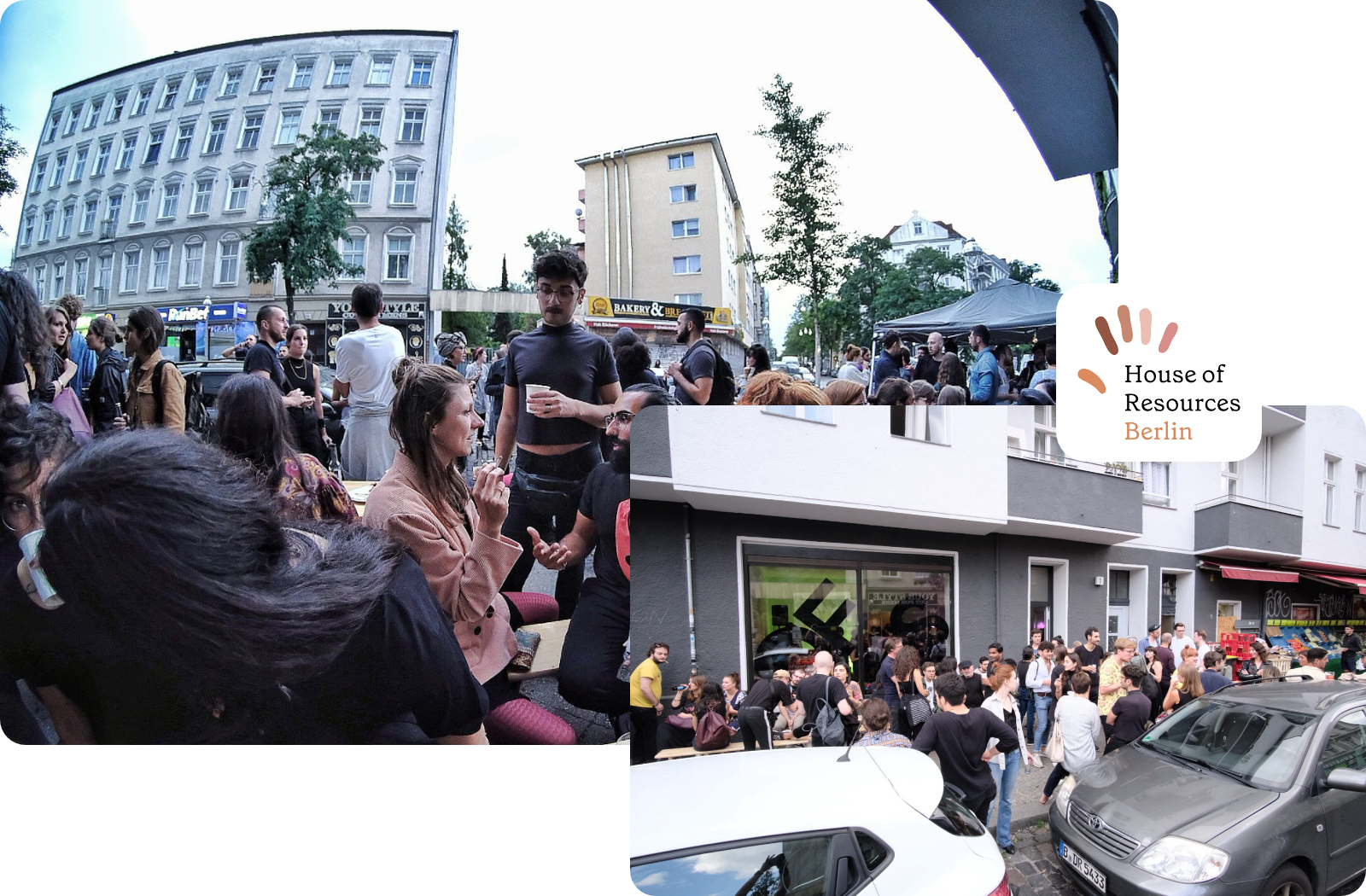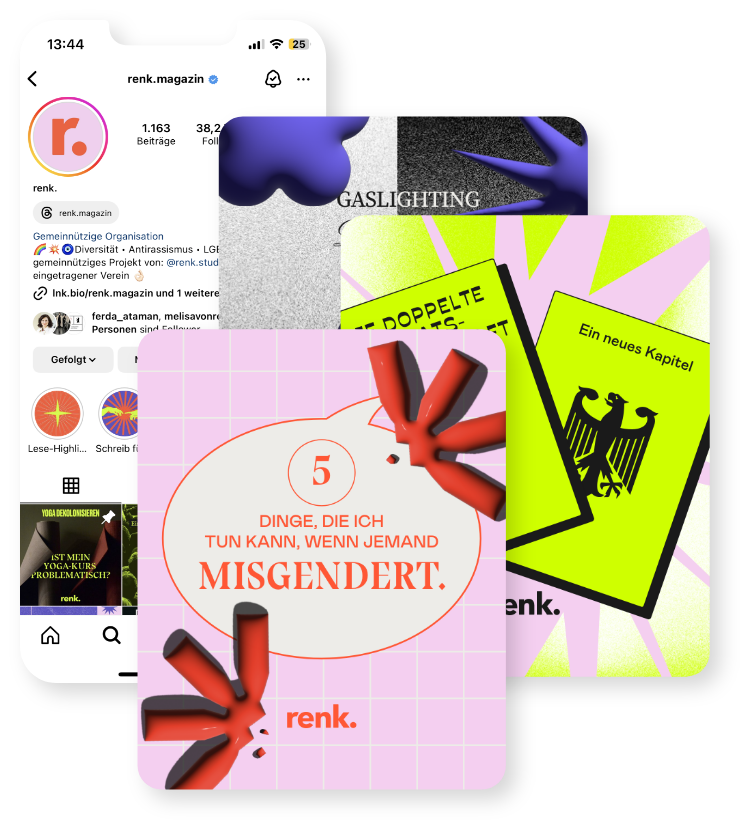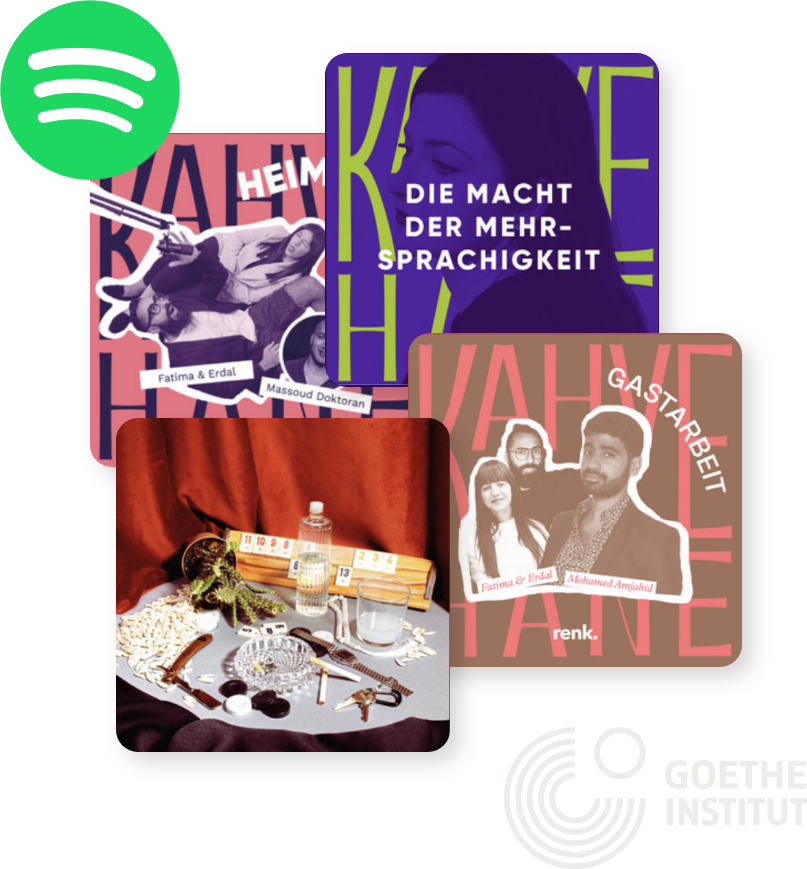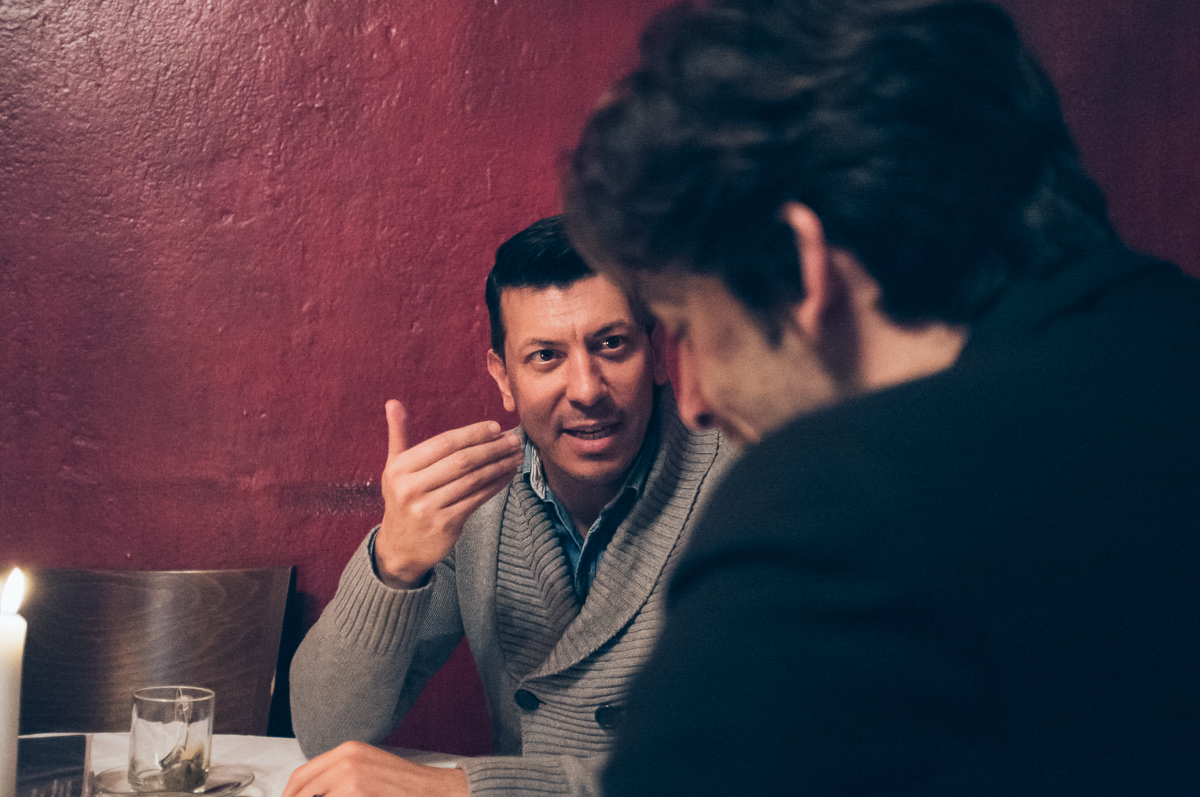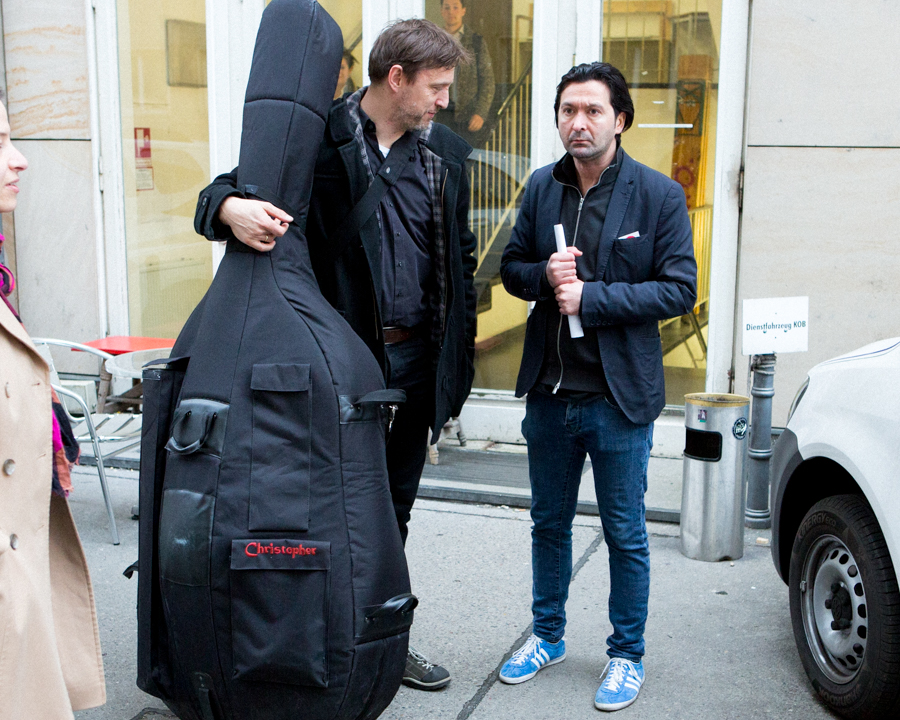Tan Çağlar was born with spina bifida (split spine). The 35-year-old professional basketball player has been wheelchair-bound for about 10 years. He already was reliant on crutches for a couple of years before that. After being depressed for about two years, Tan pulled himself together and became not only a successful basketball player for Baskets 96 Rahden, but also started modelling for various magazines. Now, he delivers motivational seminars to support handicapped people. The highlight for the man from Hildesheim was this January, when he stood out as one of the first handicapped models at Berlin Fashion Week. In this interview he talks to us about how he handles his disability and which implications it has on his life.
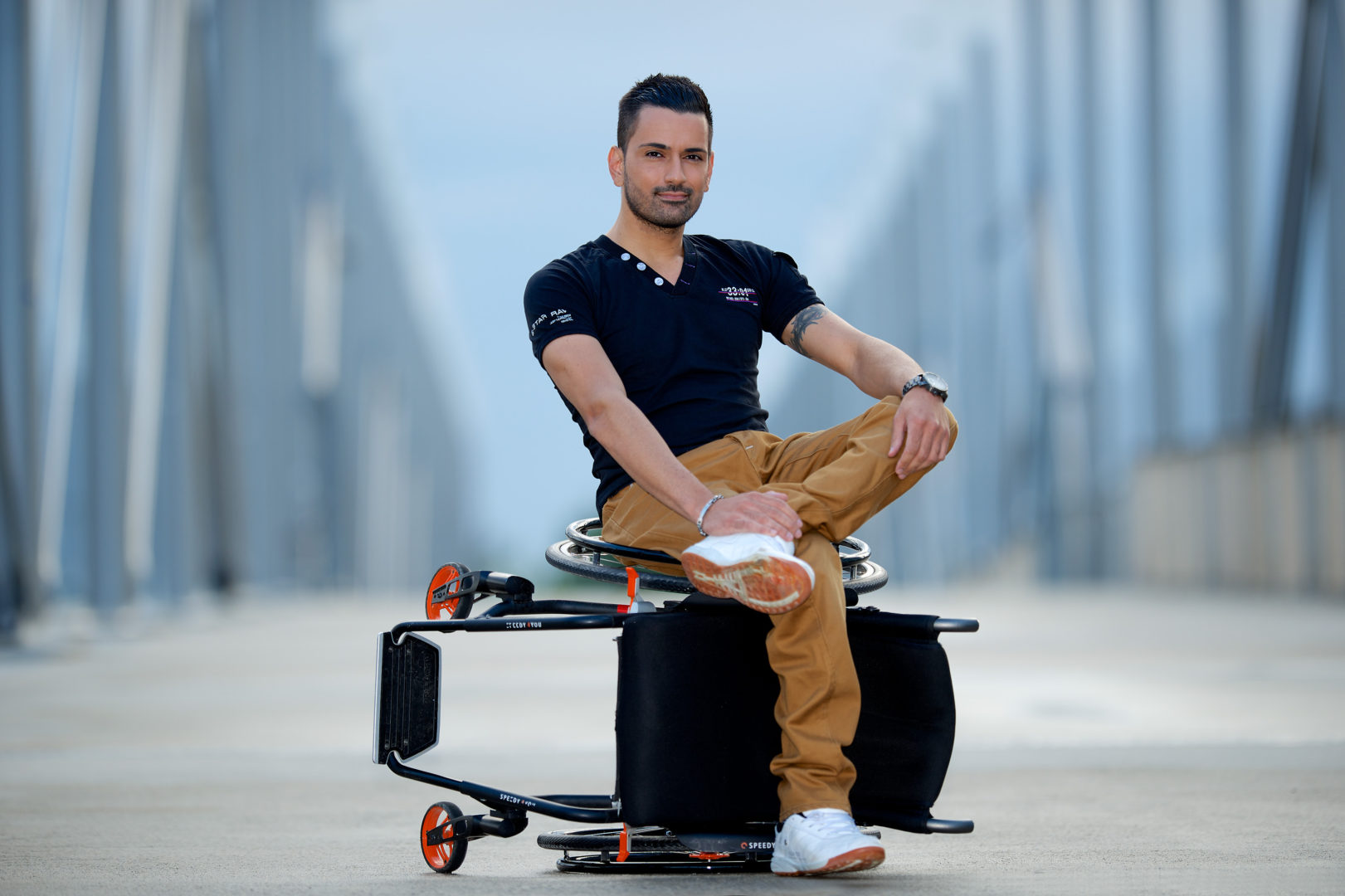
How did the wheelchair change your outlook on life?
Suddenly you are sitting a story below everyone else, that will also change your perspective on what’s important. You don’t look down on things. The controversial aspect is that I experience a lot of things in life a lot more intensely and diversely. All the new challenges make you appreciate things that you used to take for granted. If you learn to appreciate the bare essentials, it will raise the quality of your life tremendously.
How did you get the idea to support others suffering from demotivation?
In the past ,I had no idea what depression or demotivation was until I suffered it myself and had to go through it. It’s a very severe and terrible illness, because it isn’t tangible. If you’ve got a broken arm, you put it in a cast and wait for it to heal. Motivation is an essential remedy for those situations. I managed to free myself from this illness, and view it as my personal obligation to help other people to conquer it.
What is the content of one of your sessions like?
I’m talking about my life and my experiences. At first, I start with some kind of “storytelling.” But I try not to hold a mere monologue, and will instead reflect together with the participants. During the discussion, many questions and answers come up.
“Communication contains a lot of strength and solutions within itself!”
Many see themselves in the situations we talk about. The participants of my seminar leave it completely changed in the end. This knowledge is the best feeling for me every time.
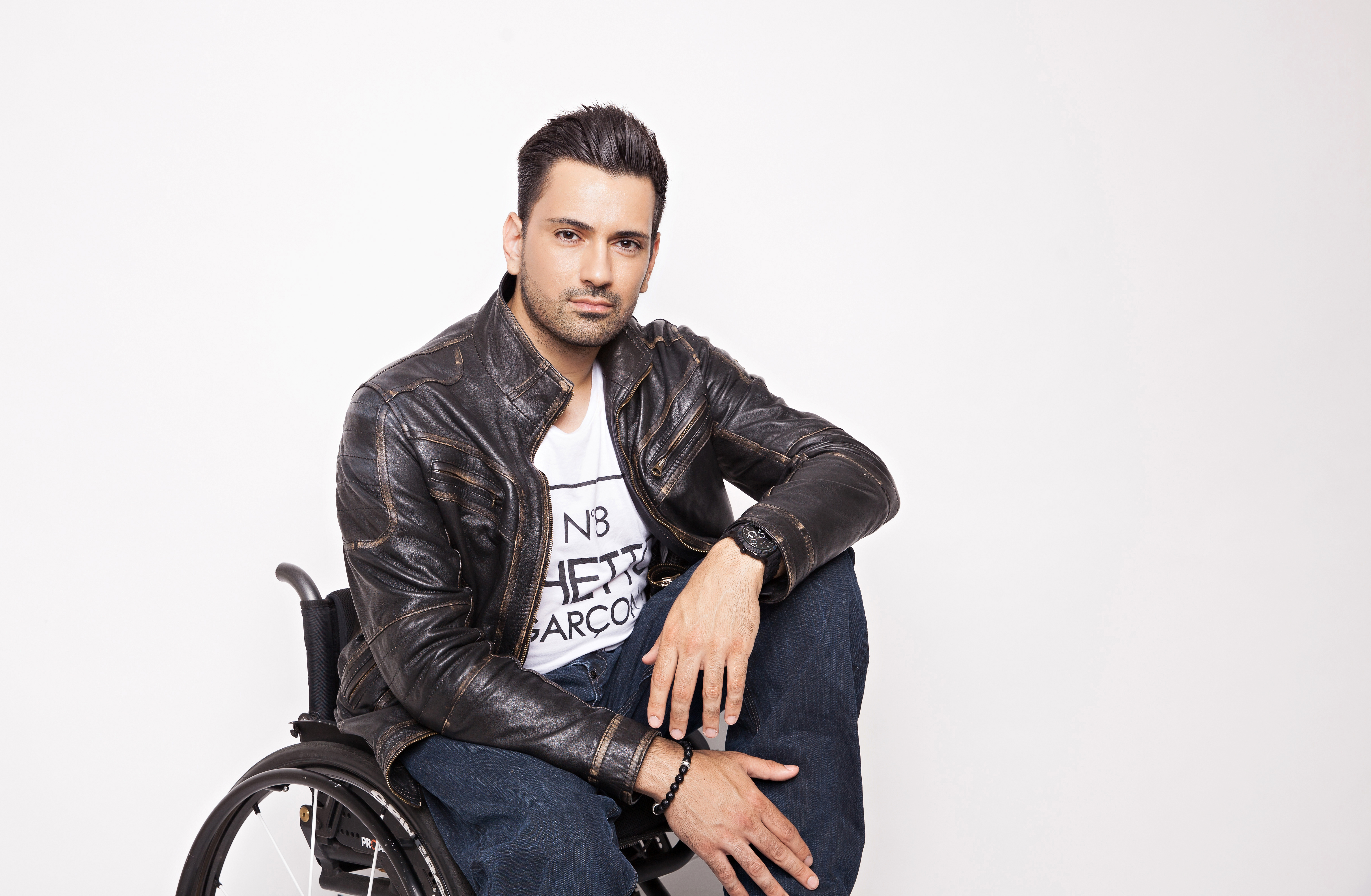
How did you get into modelling at Berlin Fashion Week?
One day I got a call directly from the organizer of Fashion Week, who asked what I thought about taking part as a model. At first, I had to turn it down because of other commitments. Then I got another call and they told me that I would be the first wheelchair model in the history of Berlin Fashion Week. That’s how they got me. Being able to be the first was terrific! Leading the way is really amazing.
How did it feel to be a model at Fashion Week?
I guess it felt exactly as it felt for everyone else who takes part for the first time. Of course I was nervous. But in a good way! I was allowed to practise a bit beforehand and I realized quickly that you just have to appear straight and concentrated. The rest was pure legwork, or rather wheelchair-work in my case…(laughs)
What do you find the most enjoyable – playing basketball or modelling?
Modelling is more of a job for me and a nice possibility to reach people in a world that is built on perfection. In society, I am seen as an “imperfect human.” I think it’s my task to fight this cliche. Basketball is my passion. It helped me to get me out of that deep hole of depression.
What is your personal mission?
I want to prove to people with handicaps that they don’t have to hide. I don’t expect them to suddenly want to be on TV or to model. I rather think that people with disabilities will become more and more “normal” because of my work. Because of it, they venture out more into society. Sadly, there are still to many who seal themselves off just based on the fact that they are different.
I’m going to give you the best example: For some time, I acted on a TV series for RTL II (Berlin Day and Night). A young man came up to me and thanked me for playing on a show that the classmates and friends of his disabled brother liked a lot. It gave the brother a lot of self-confidence and now he is a lot more accepted and seen differently. But isn’t it a shame that this insight has to be brought on by television?
On the other side it gratifies me, because it’s a nice insight to see what the sheer media presence of one person with disabilities is able to achieve.
What has to change for people with disabilities in your opinion?
More should be done than just talking about it. Inclusion is just purely theoretical, not practical. More things need to be implemented. I hate the word inclusion. It’s an evidence of incapacity for our society, that we have to make up synonyms for humanity. It is unacceptable that forty years ago the first human stepped on the moon, but I can not get into the bank around the corner.
If you could wish for something, what would that be?
I would wish that my stair lift would go faster than what feels like 0,2 km/h. I lose so much time on that thing. (laughs)
Credits
Text: Neslihan Aydin
Photos: Volker Minkus
